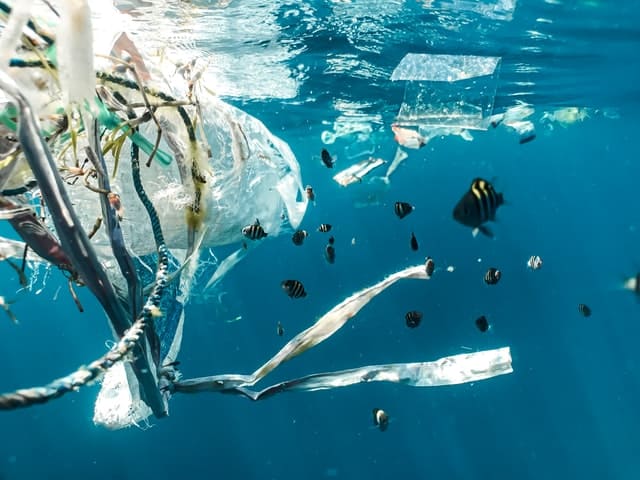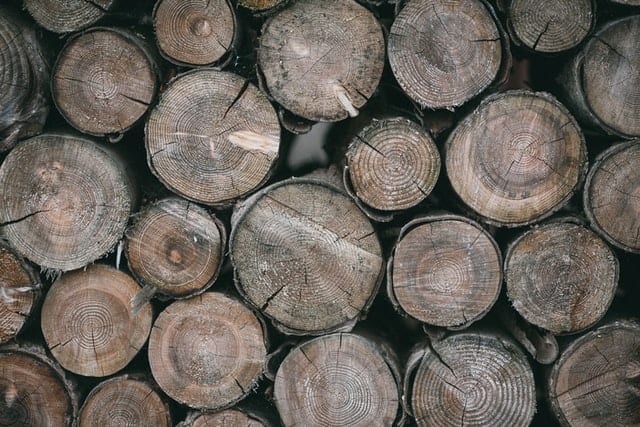As a planet we need to rethink the way we use plastic. Around the world countries have taken steps to reduce the damage caused by tons of plastic waste. So why is plastic so dangerous and should we stop using plastics all together?

“With great power comes great responsibility”. To use a material that lasts an incredibly long time to create products that are only intended for a single use or a short period of time, does not make sense. Some plastics are recyclable and others are not, but even if they are, only a small percentage make it all the way to a plastic recycling plant. Most end up in landfills, oceans and incinerators (burning plastic releases harmful toxins). If plastic were strictly only used for products with long term applications the waist would be much more concentrated and easier to recycle. The products themselves will still be able to benefit from the impressive properties of plastic, and the manufacture process will likely also have a lower carbon footprint than many other materials. We must also consider the materials saved when a synthetic is made from plastic.

Innovative long lasting applications for plastic are already used in many industries, including construction, agriculture and the marine industry. The durable, waterproof and non corrosive properties of most plastics result in high quality, long lasting products in these industries. Rather a durable plastic house, irrigation system or boat, lasting a very long time serving a constructive purpose than disposable plastics lasting a very long time devastating sea life in our oceans.
At ICA Group we mostly develop marine products, the inspiration for which stems from a love of the ocean. So we take seriously our responsibility to conserve and protect our planet and oceans. Through innovation and responsible use of durable materials we strive to ease the pressure on endangered timbers and work towards a cleaner future.

